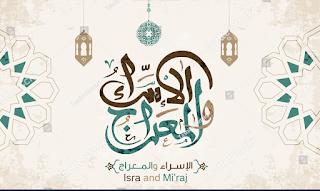The concept of Jihad in Islam
A religion is only worthy of the name if it rhymes with common sense. If it cannot win through this, and it must use the sword to overcome its shortcomings, it needs no other argument to prove its sham. The sword it wields cuts its own throat before it reaches its target.
A religion is only worthy of the name if it rhymes with common sense. If it cannot win through this, and it must use the sword to overcome its shortcomings, it needs no other argument to prove its sham. The sword it wields cuts its own throat before it reaches its target.
The
objection that the sword was used during the early years of Islam,
thus attesting to the legality of Jihad,
is based on an ignorance of the conditions prevailing during this
period. Islam has never allowed the use of the sword to be a source
of rallying. Also the Holy Qur’an forbids constraint – the use of
force – in religious matter.
Why
was the sword used?
Soon
the inhabitants of these regions realized that it was unseemly for
man, the most noble of divine creatures, to submit to stone. The
Meccans were thus unable to counter the new adherents on the basis of
arguments. The most reasonable ones were quick to join Islam. Family
ties were broken and the son separated from his parents and the
brother from his brothers. This exasperated the Meccans and it became
clear to them that the only recourse to counteract the spread of the
new religion – which was to the detriment of their parents’ false
beliefs – was the use of extreme measures. The new Muslims were
thus savagely persecuted.


